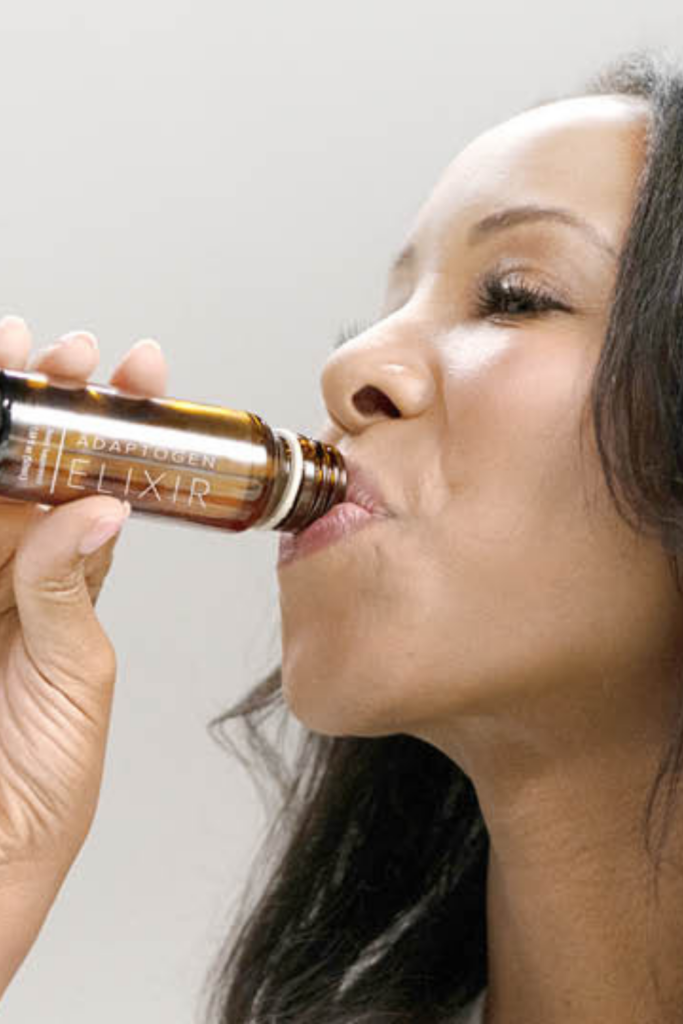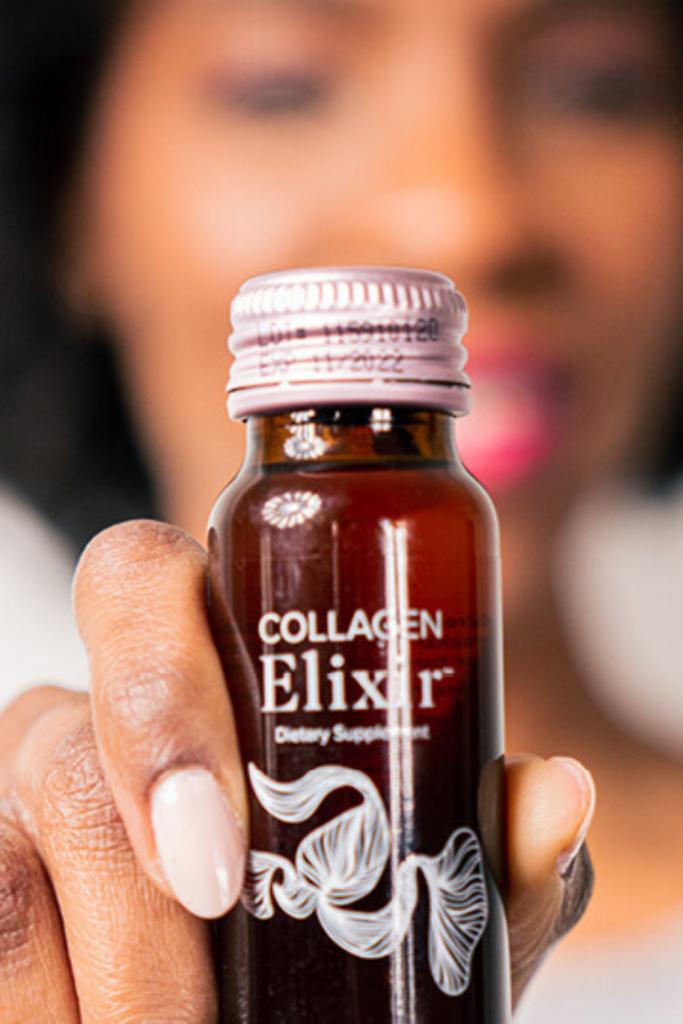Wide-Ranging Benefits of Collagen Continue To Emerge

According to 2019 market research, sales of collagen products grew by almost 83% from late 2018 to late 2019. Unsurprisingly, this growth was within the categories of skin, bone, and joint health (1).
While collagen supplement marketing continues to target these health categories, research also shows that collagen supports exercise recovery and helps fight skin aging.
Exercise Recovery
Collagen’s skin health benefits are certainly a known commodity. However, increasing research suggests that the benefits of collagen extend to other health goals, including the improvement of athletic performance and recovery.
For example, in a recently published double-blind, placebo-controlled trial conducted in Germany, 180 active young men and women with exercise-induced knee pain consumed either a placebo or 5 grams per day of a patented type I collagen peptide for 12 weeks. Throughout the study, subjects reported any perceived change in knee pain while also undergoing a physician’s examination. The researchers found that supplementation with the collagen peptides significantly reduced knee pain in self-reported and physician-examined subjects. (2).
In a second publication (3), scientists evaluated the impact of specific collagen peptides on body composition and athletic performance in 59 recreationally active women. In this study, the subjects consumed either a placebo or 15 grams per day of collagen peptides while training three days per week. The researchers found that the collagen improved endurance performance (subjects could run farther), increased fat-free mass, and yielded greater muscular endurance.
Skin Aging
Best known among collagen’s potential health benefits are those related to skin health. Two recent publications further strengthen the significant body of science supporting these benefits.
In the first study, Korean researchers supplemented 84 middle–aged women (40-60 years old) for 12 weeks with 1 gram per day of collagen tripeptide from marine sources. Among the findings were increased skin hydration, skin moisture, and skin tightness in the measured areas (face and forearm regions) (4).
Finally, a systematic review and meta-analysis were performed to determine the effect of collagen peptide supplementation on skin aging (5). (A meta-analysis is when researchers combine the results from many studies to determine potential effects.) Here, the researchers found 19 double–blind, placebo-controlled studies and noted favorable effects of collagen on skin hydration, elasticity, and wrinkles. These skin health benefits were observed by day 60 of supplementation. They also noted that the average range of supplementation with collagen peptides was 2.5-5 grams per day.
REFERENCES
- Krawiec S. (February 17, 2020). Collagen sales skyrocketing thanks to the ingredient’s many applications: 2020 Ingredient trends to watch for foods, drinks, and dietary supplements. https://www.nutritionaloutlook.com/view/collagen-sales-skyrocketing-thanks-ingredients-many-applications-2020-ingredient-trends. Accessed 05/11/21.
- Zdzieblik D, Brame J, Oesser S, et al. The Influence of Specific Bioactive Collagen Peptides on Knee Joint Discomfort in Young Physically Active Adults: A Randomized Controlled Trial. Nutrients. 2021;13(2):523. Published 2021 Feb 5. doi:10.3390/nu13020523.
- Jendricke P, Kohl J, Centner C, et al. Influence of Specific Collagen Peptides and Concurrent Training on Cardiometabolic Parameters and Performance Indices in Women: A Randomized Controlled Trial. Front Nutr. 2020;7:580918. Published 2020 Nov 19. doi:10.3389/fnut.2020.580918)
- Tak YJ, Shin DK, Kim AH, et al. Effect of Collagen Tripeptide and Adjusting for Climate Change on Skin Hydration in Middle-Aged Women: A Randomized, Double-Blind, Placebo-Controlled Trial. Front Med (Lausanne). 2021;7:608903. Published 2021 Jan 11. doi:10.3389/fmed.2020.608903.
- de Miranda RB, Weimer P, Rossi RC. Effects of hydrolyzed collagen supplementation on skin aging: a systematic review and meta-analysis. Int J Dermatol. 2021 Mar 20. doi: 10.1111/ijd.15518. Epub ahead of print. PMID: 33742704.






